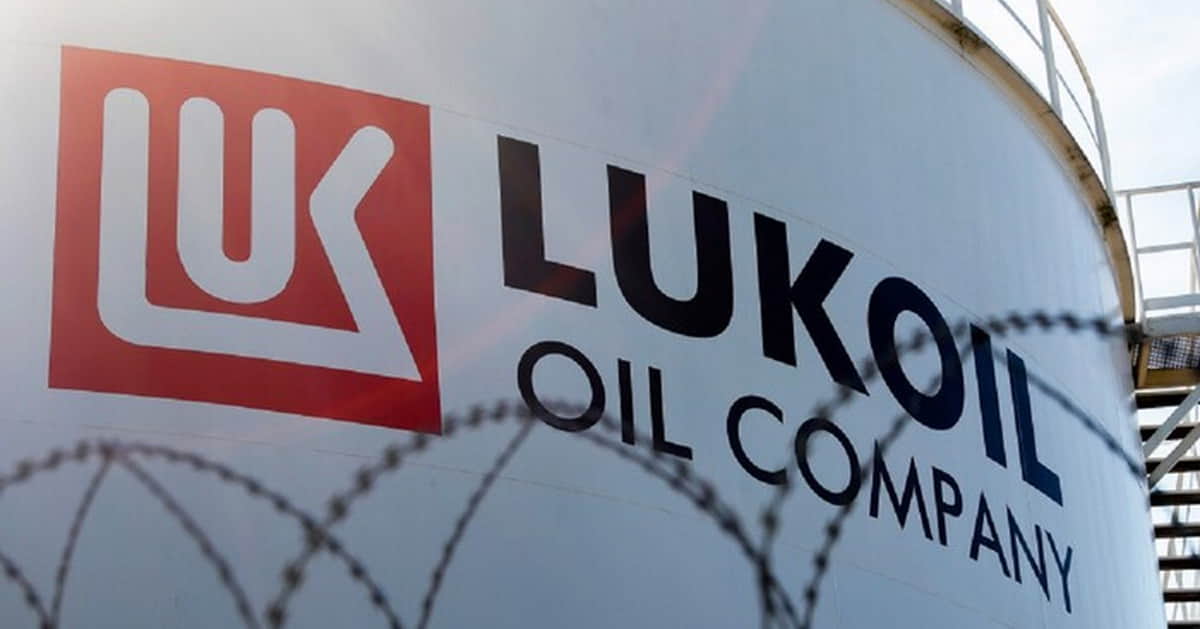Why Kyiv's decision to restrict the transit of Lukoil's oil defies logic

The governments of Slovakia and Hungary have accused Ukraine of undermining their energy security. Slovak expert Karel Hirman, the Minister of Economy in the previous pro-Ukrainian government and a former advisor to the Ukrainian Prime Minister, describes the positions of Bratislava and Budapest as "hysterical" and explains why there is no real threat. He also points out that Ukraine's decision defies logic and is undermining trust in Kyiv, even from its friends.
Read more in the article by Sergiy Sydorenko, a European Pravda's editor - Why Ukraine's decision on Russia's Lukoil is a problem but not a catastrophe.' In fact, the supply of oil through the southern branch of the Druzhba pipeline, which runs through Ukraine to Slovakia, Hungary and Czechia, has been continuous and almost uninterrupted since February 2022. Advertisement:
I was the Minister of Economy of Slovakia in 2022, when negotiations were held in Brussels for the EU to make an exception to the oil sanctions for this route. This exception stated that the refineries of three countries, Czechia, Slovakia and Hungary, temporarily retained the right to receive oil through Druzhba and had the right to sell petroleum products made from Russian oil in our region. However, the exemption was approved as temporary, until the end of 2024.
On 1 January, the Druzhba pipeline was supposed to either stop completely or, in the event that new agreements had been reached, reduce its throughput. The Czech refinery, which belongs to the Polish group PKN Orlen, has announced that it will stop consuming Russian oil completely. The situation is similar in Slovakia and Hungary. The Slovak and Hungarian governments have raised the issue in Brussels and want to activate EU mechanisms against Ukraine.
There is too much hysteria in their position, though. The claims being made by the Slovak and Hungarian governments about Ukraine having created a threat to the operation of their refineries are untrue. The figures refute this!
Naftogaz, Ukraine's national oil and gas company, says there has not even been a 25% reduction. According to them, the Lukoil oil has been replaced with oil from other companies. But if this is true, even more questions arise for the Ukrainian government. What was the point of all this?
What is the point of these sanctions for Ukrainian security? Is it purely to push Lukoil out of certain markets? Why did the Ukrainian government stop Lukoil's supply and place no restrictions at all on Rosneft and Tatneft?
Why is it only restricting a private company? Of course, it [Lukoil] is also under Kremlin influence, but the Kremlin's influence is far greater in the essentially state-owned company Rosneft, and similarly in Tatneft. The only plausible explanation that comes to mind is that this is about business disputes and private interests.
But then why is the Ukrainian government involved in this game? Kyiv could have restricted supplies altogether. Ukraine is in an emergency situation due to Russia's massive attacks on its energy infrastructure, and the pumps on the Druzhba pipeline need electricity to operate.
Ukraine could have used this explanation. It would have been generally well received by the EU. It would have been sufficient for the Ukrtransnafta dispatcher to send a simple notice to their counterparts in Slovakia and Hungary to say that pumping would stop in a few hours' time due to this force majeure.
Kyiv's actions raise many questions among Ukraine's friends, including myself and my colleagues in Brussels, about the real motives behind Ukraine's actions. Trust is a valuable thing and should not be overlooked. It is obvious that some game, theatre or even circus is now going on, and that behind it are financial interests and flows that are bypassing our countries' budgets.
If you notice an error, select the required text and press Ctrl + Enter to report it to the editors.